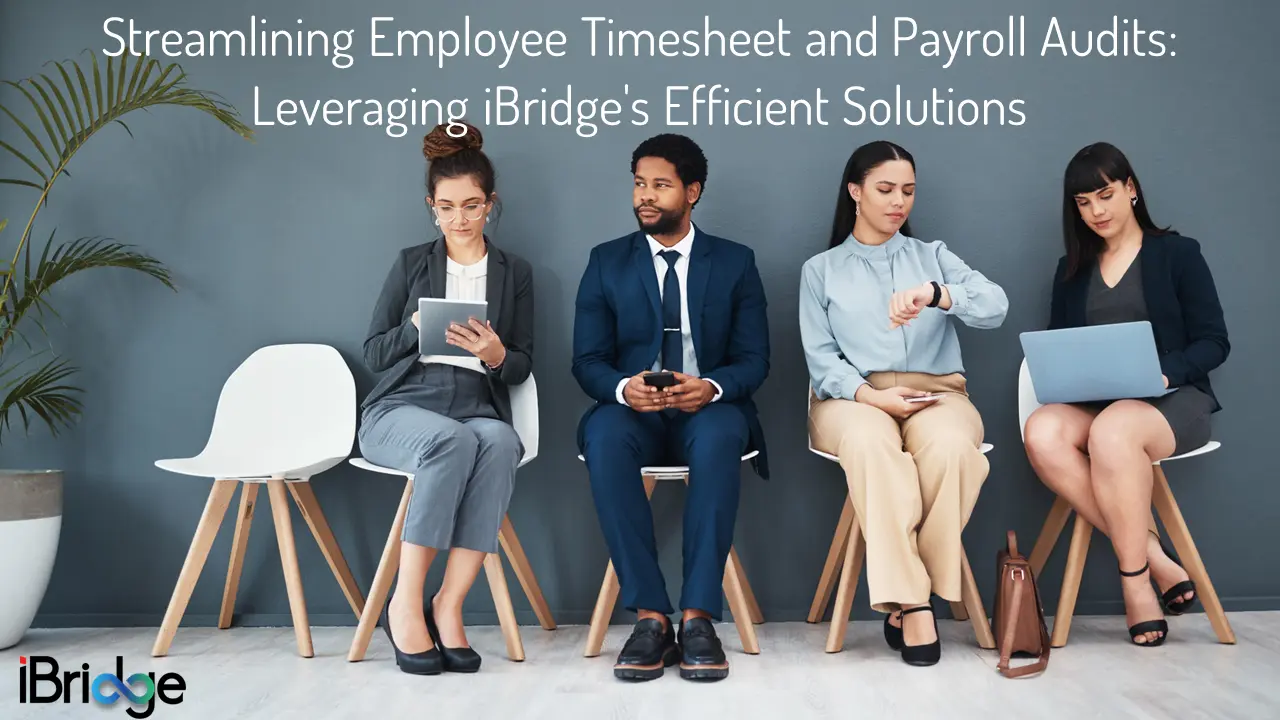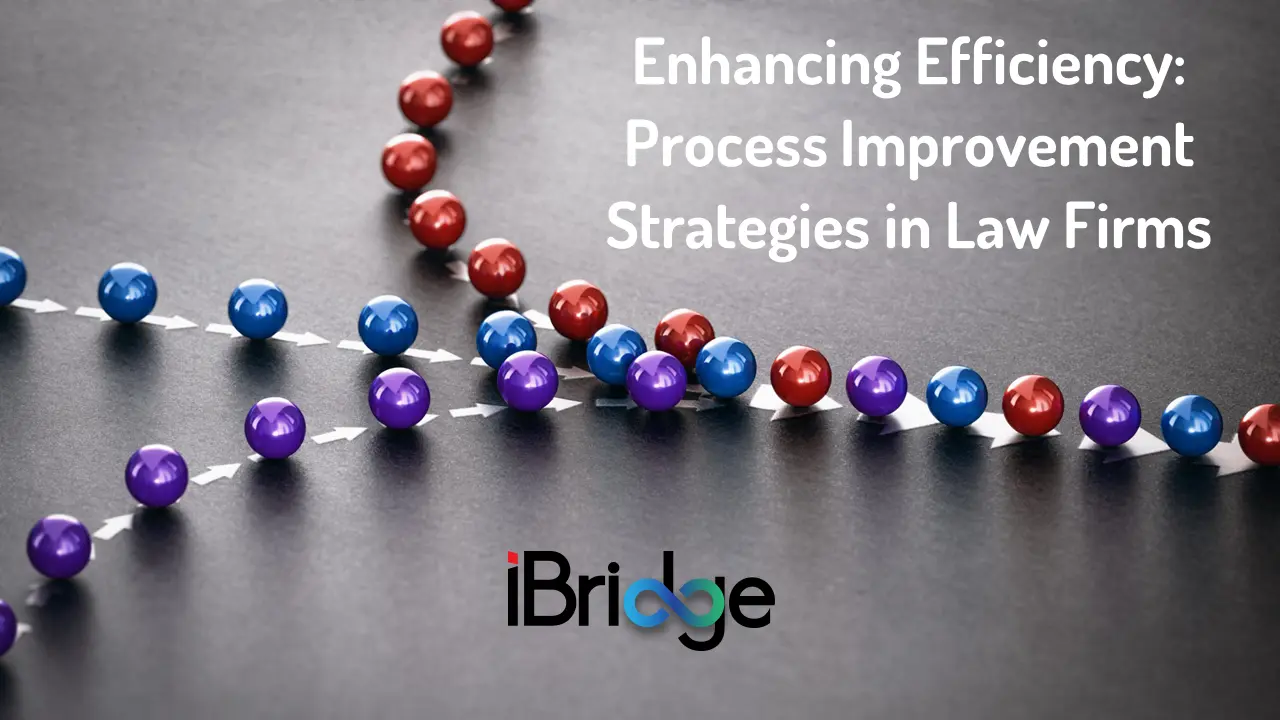In the ever-evolving legal industry, effective project management practices have become increasingly crucial for law firms to ensure the efficient execution of legal matters. By adopting project management methodologies and utilizing specialized tools, law firms can enhance task management, optimize resource allocation, and improve overall project delivery.
This blog explores the growing importance of project management in law firms and highlights the benefits of implementing effective project management practices.
The Need for Project Management in Law Firms:
Law firms handle complex and multifaceted legal matters that require careful coordination, collaboration, and adherence to strict timelines. Without proper project management, legal teams may encounter challenges such as missed deadlines, ineffective communication, and resource misallocation. By adopting project management practices, law firms can bring structure and efficiency to their operations, ensuring smooth project execution and enhancing client satisfaction.

Adopting Project Management Methodologies:
To streamline legal matters and improve project outcomes, law firms are increasingly embracing project management methodologies. These methodologies provide a systematic approach to planning, organizing, and executing legal projects. One widely used methodology is the Project Management Institute’s (PMI) Project Management Body of Knowledge (PMBOK) framework, which outlines best practices and processes for effective project management. By adopting such methodologies, law firms gain a standardized approach to project execution, enabling better coordination, risk management, and quality control.; Utilizing Project Management Tools:
In addition to methodologies, law firms are leveraging specialized project management tools to enhance their project management capabilities. These tools provide robust features for task management, resource allocation, collaboration, and project tracking. Cloud-based project management platforms offer intuitive interfaces and customizable workflows that enable legal teams to streamline their project management processes. By utilizing these tools, law firms can centralize project-related information, facilitate effective communication, and improve transparency among team members.

Improving Task Management:
Effective task management is a cornerstone of successful project execution. Law firms are increasingly adopting project management practices to improve task assignment, tracking, and completion. Through project management methodologies and tools, firms can establish clear task hierarchies, define dependencies, and set realistic deadlines. This enables legal professionals to track progress, identify bottlenecks, and take timely corrective actions. By optimizing task management, law firms can enhance productivity, avoid delays, and ensure efficient project delivery.
Optimizing Resource Allocation:
Proper resource allocation is critical for project success. Law firms need to efficiently assign human resources, such as attorneys, paralegals, and support staff, to different legal matters. Project management practices allow firms to gain visibility into resource availability, workload, and skill sets. By utilizing resource management tools, law firms can allocate resources effectively, preventing overburdening of staff and ensuring optimal utilization of talent. This leads to improved efficiency, reduced burnout, and enhanced project outcomes.
Enhancing Project Delivery:
Efficient project delivery is a key goal for law firms, as it directly impacts client satisfaction and reputation. Effective project management practices enable firms to monitor project progress, proactively address challenges, and ensure timely delivery. By implementing project tracking mechanisms and utilizing project management tools, law firms can monitor critical milestones, identify risks, and manage client expectations effectively. This results in improved client communication, increased transparency, and greater trust between the firm and its clients.

Collaboration and Communication:
Effective collaboration and communication are vital for successful project management in law firms. By adopting project management practices, firms establish standardized communication channels, enabling seamless collaboration among team members. Project management tools provide features such as document sharing, real-time messaging, and task comments, facilitating effective communication and reducing reliance on email threads. By promoting collaboration and streamlining communication, law firms can enhance team synergy, avoid miscommunications, and drive project success.
Continuous Improvement and Lessons Learned:
Project management practices emphasize continuous improvement and the capture of lessons learned. Law firms are increasingly implementing post-project reviews and knowledge sharing sessions to identify areas for improvement and promote learning. By documenting project successes, challenges, and best practices, firms can refine their project management methodologies, build institutional knowledge, and drive continuous improvement. This allows law firms to enhance project delivery with each successive endeavor, ultimately improving overall operational efficiency.
Effective project management practices are increasingly recognized as essential for law firms to execute legal matters and deliver superior client services efficiently. By adopting project management methodologies, utilizing specialized tools, improving task management, optimizing resource allocation, and enhancing project delivery, law firms can streamline operations and enhance client satisfaction. The integration of effective project management practices fosters collaboration, improves communication, and enables continuous improvement within law firms. By embracing project management, law firms can effectively navigate the complexities of legal matters, improve operational efficiency, and achieve successful project outcomes.
Hi, this is Desh Urs, CEO and President of iBridge. We at iBridge specialize in helping law firms achieve better project efficiency by leveraging a unique combination of computing and human intelligence. By automating repetitive tasks and streamlining workflows, we free up valuable time for attorneys to focus on what they do best – providing quality legal services to their clients.

iBridge LLC is a trusted partner for law firms seeking to address process improvement and enhance operational efficiency. With their deep understanding of the legal industry, iBridge LLC offers tailored solutions that assist legal clients in streamlining their internal processes. Through their expertise in process audits, workflow reengineering, and lean methodologies, iBridge LLC helps law firms identify areas for improvement and implement strategies to eliminate bottlenecks and reduce manual work.
Additionally, their advanced technology solutions, such as legal workflow management software and document automation platforms, enable law firms to leverage automation and optimize their operations. With a commitment to continuous improvement and client success, iBridge LLC empowers law firms to enhance efficiency, deliver superior client services, and remain competitive in the ever-evolving legal landscape.
At iBridge, we are a trusted Digital Transformation Company dedicated to assisting our clients in unlocking the power of their data. Our expertise lies in collecting, managing, and analyzing data to provide our clients with meaningful operational control and improved profitability. With over a decade of experience, we have a proven track record of transforming complex information into actionable results.
Our team of digital transformation experts specializes in implementing data analytics solutions across various industries, including the legal sector. We understand that each organization has unique business objectives, and we work closely with our clients to gain a deep understanding of their specific needs. This allows us to identify the most effective use cases and guide the selection and implementation of the most appropriate technologies.
By leveraging cutting-edge data analytics tools and techniques, we help our clients harness the full potential of their data. Our solutions enable organizations to make data-driven decisions, optimize operations, and gain a competitive edge in their respective industries. Whether it’s streamlining processes, improving customer experiences, or uncovering hidden insights, our digital transformation strategies are tailored to meet the specific goals of each client.
At iBridge, we believe that successful digital transformation requires a comprehensive approach. We go beyond technology implementation and focus on driving tangible results for our clients. Our team combines technical expertise with industry knowledge to deliver solutions that create lasting value and drive sustainable growth.
If you’re ready to embark on a successful digital transformation journey, we invite you to get in touch with us. Let us show you how our expertise can help your organization design and implement a tailored digital transformation strategy that drives innovation, efficiency, and profitability. Together, we can unlock the true potential of your data and propel your organization to new heights of success.
We welcome the opportunity to discuss how we can help your firm achieve its goals and improve its bottom line.
Contact Us
Reach out today to schedule a discussion with an iBridge team member to learn how we can help your business in terms of growth and digital transformation







































